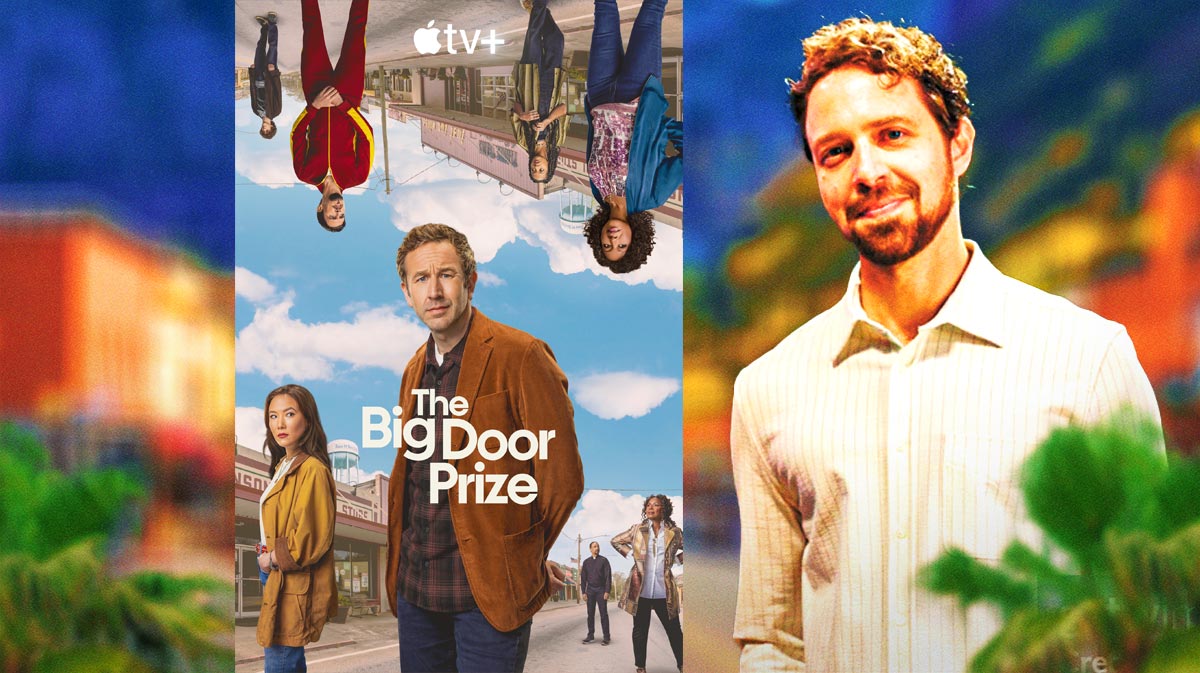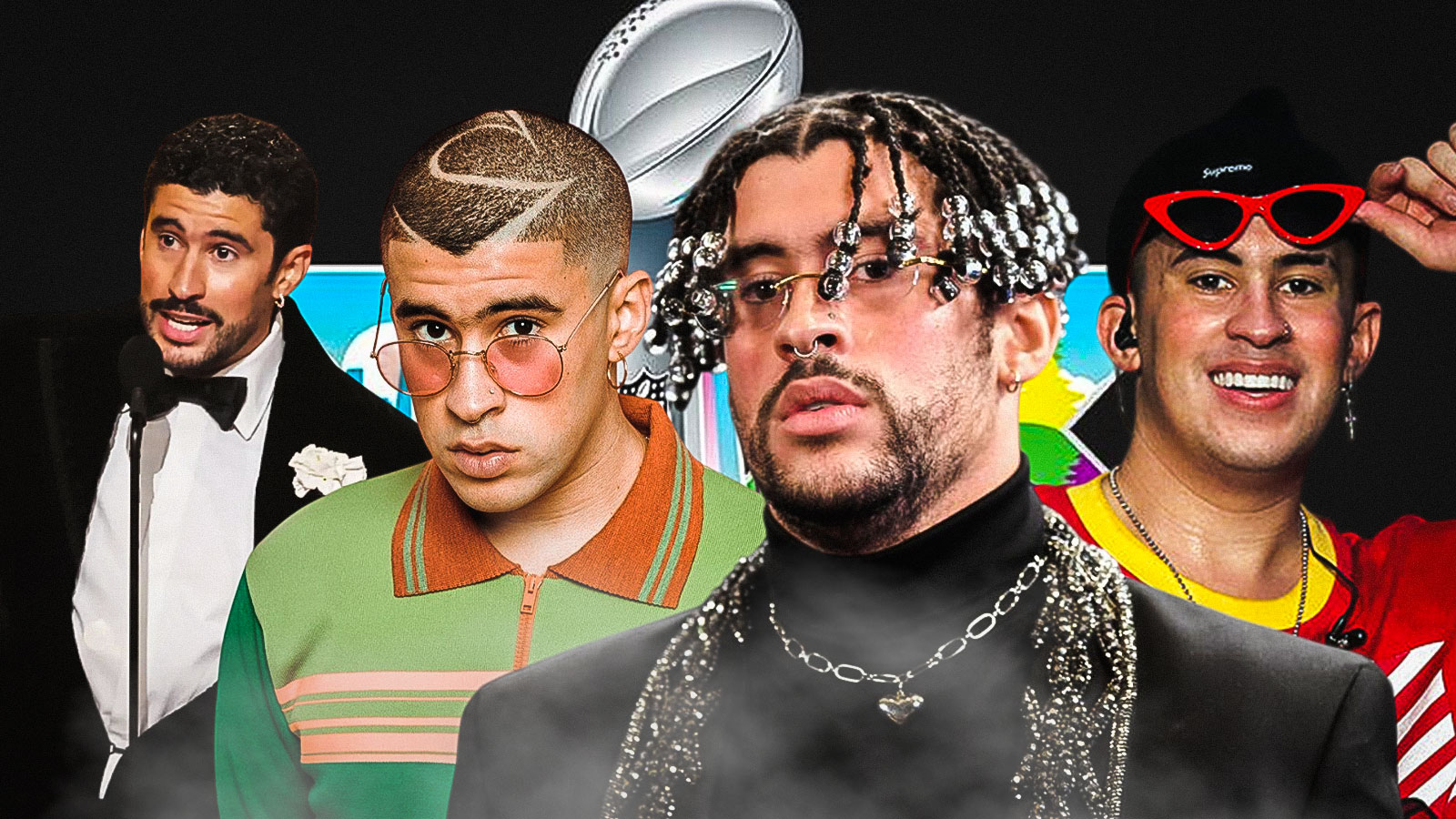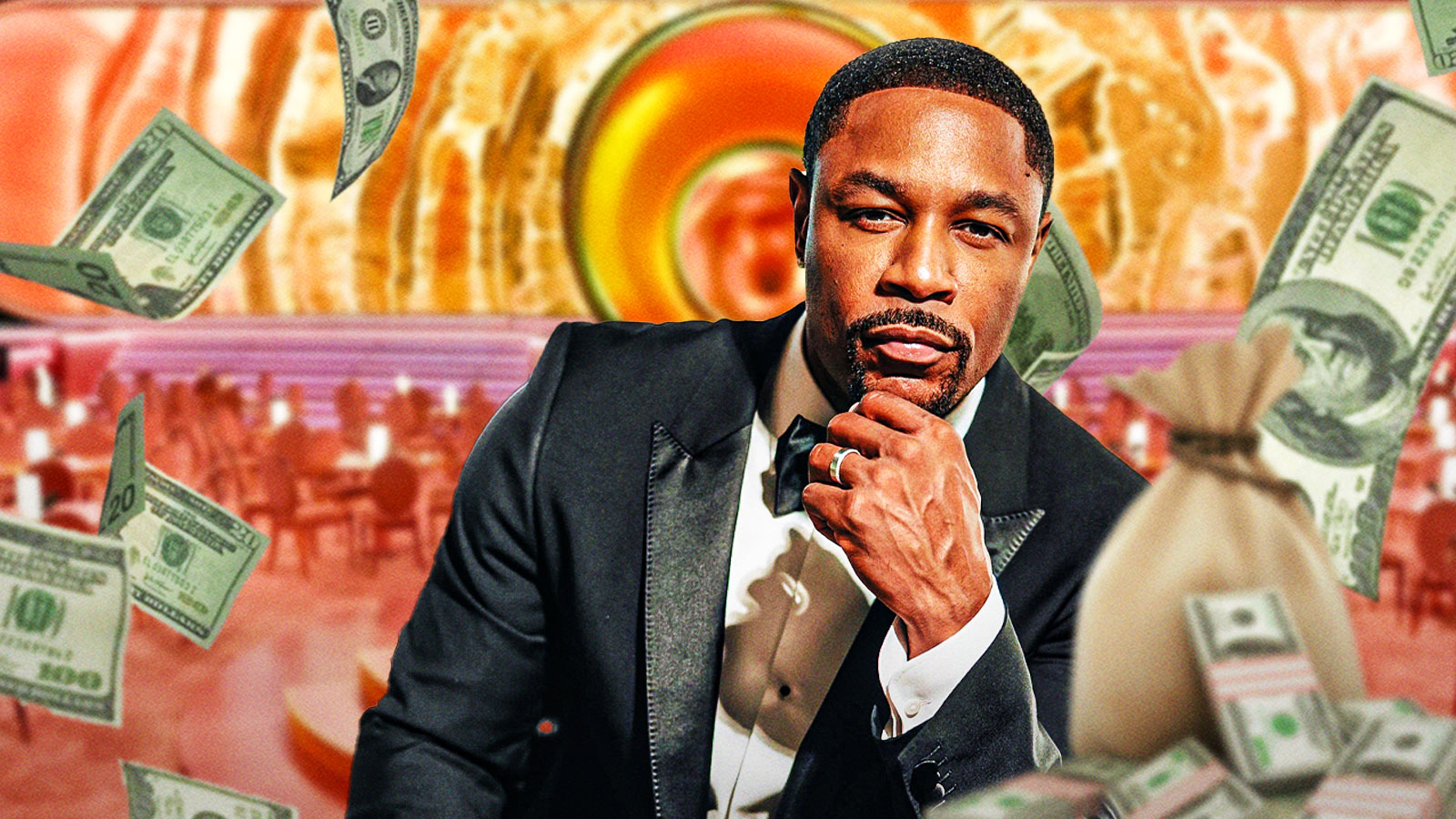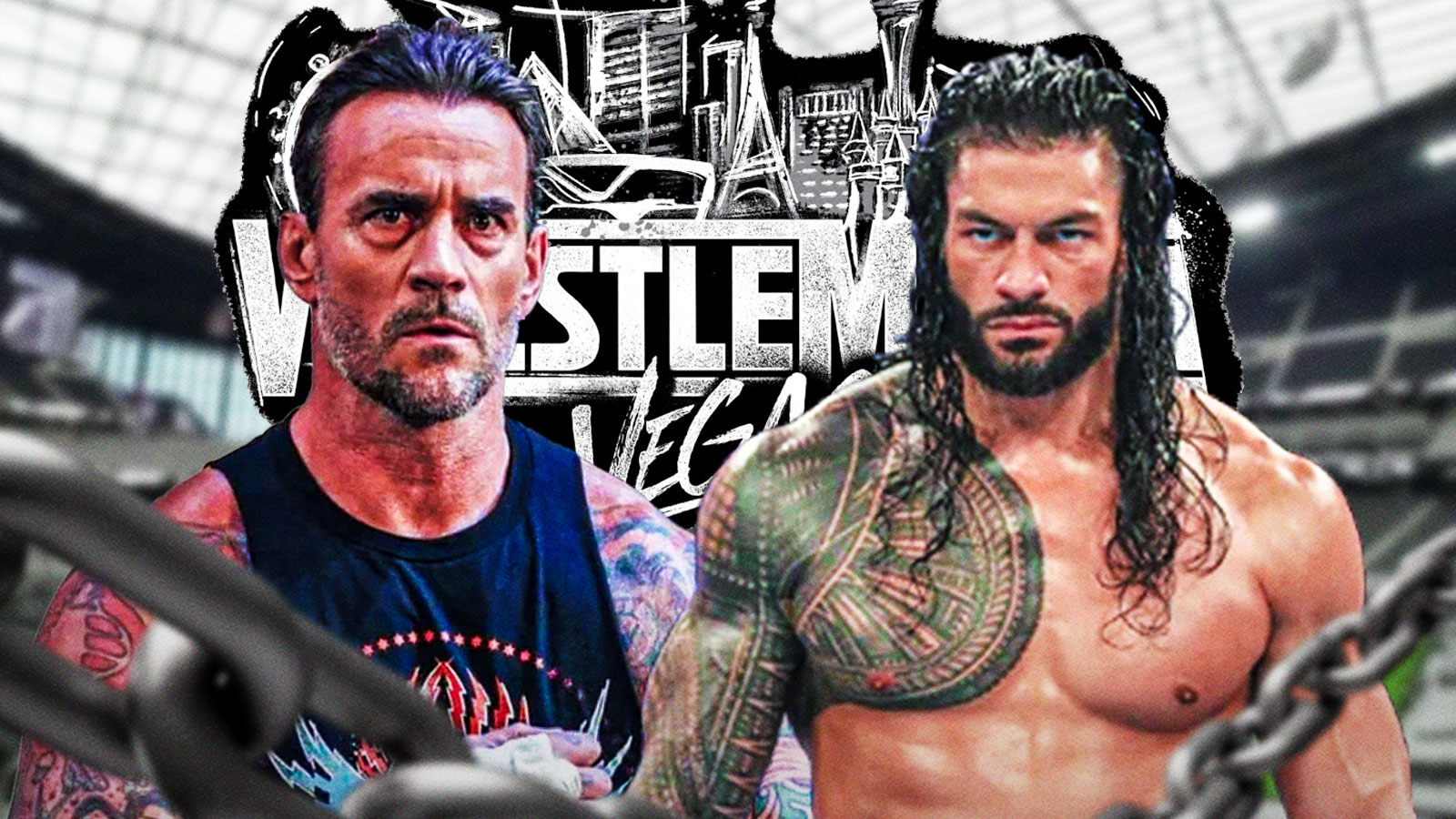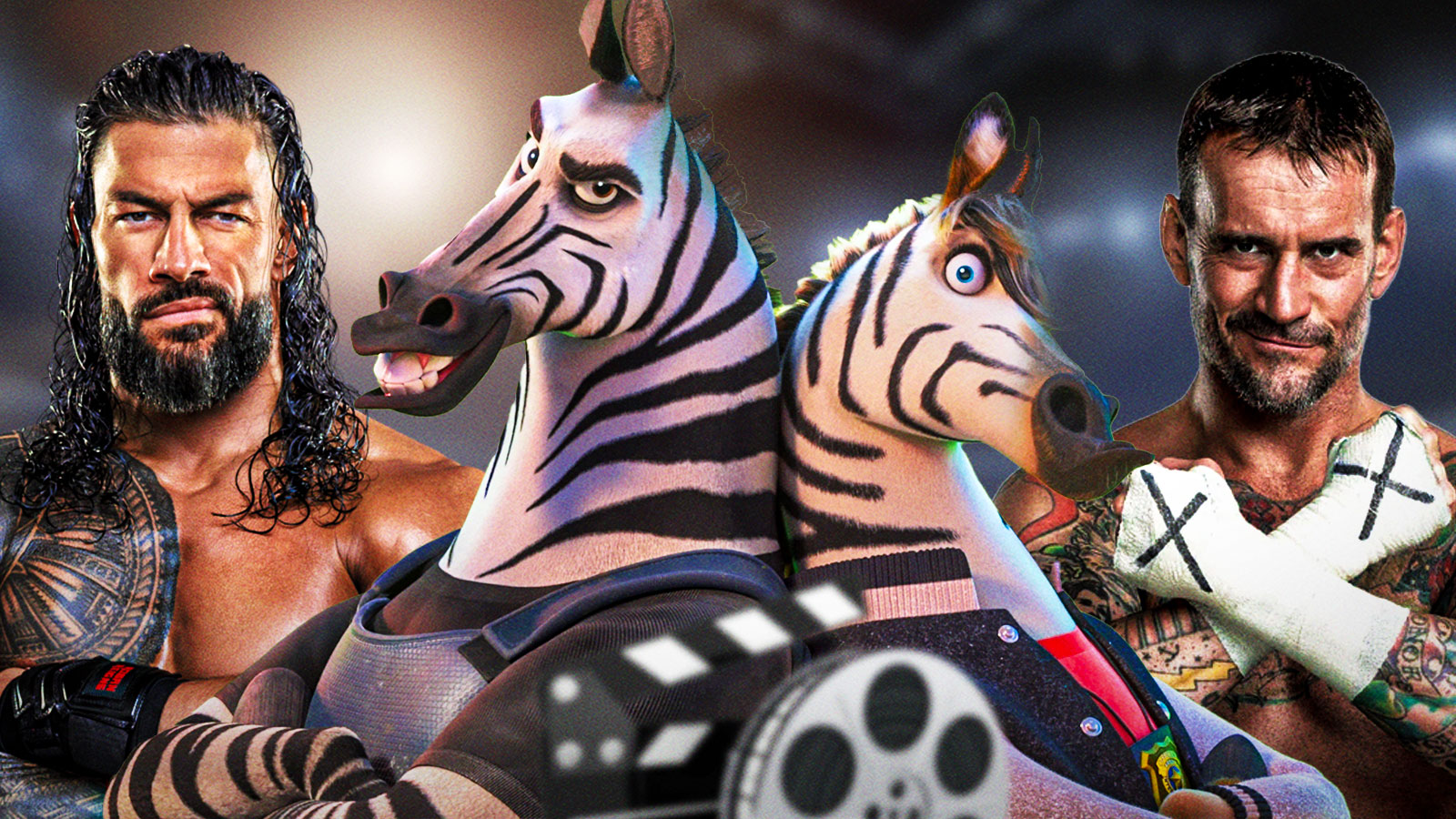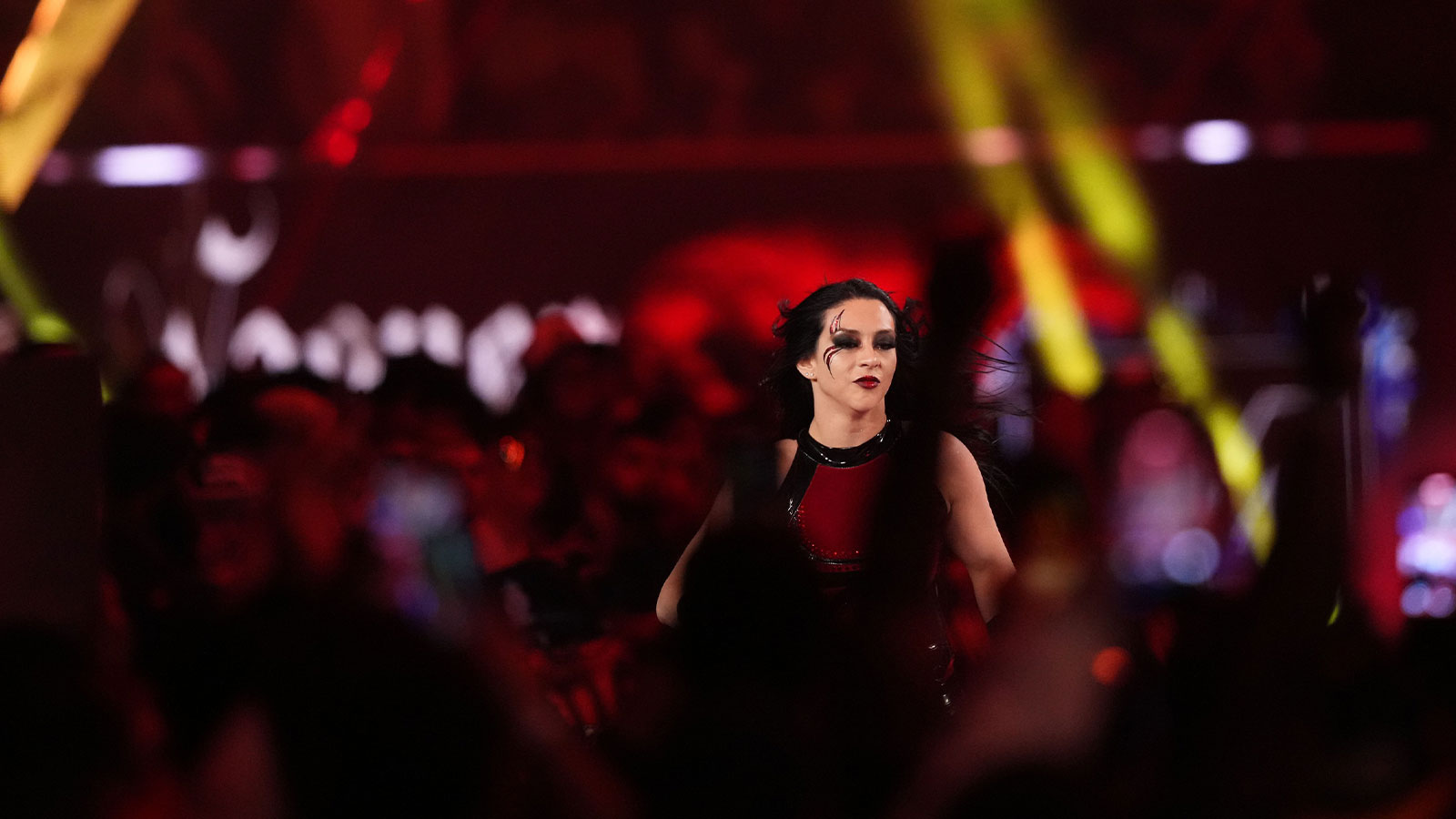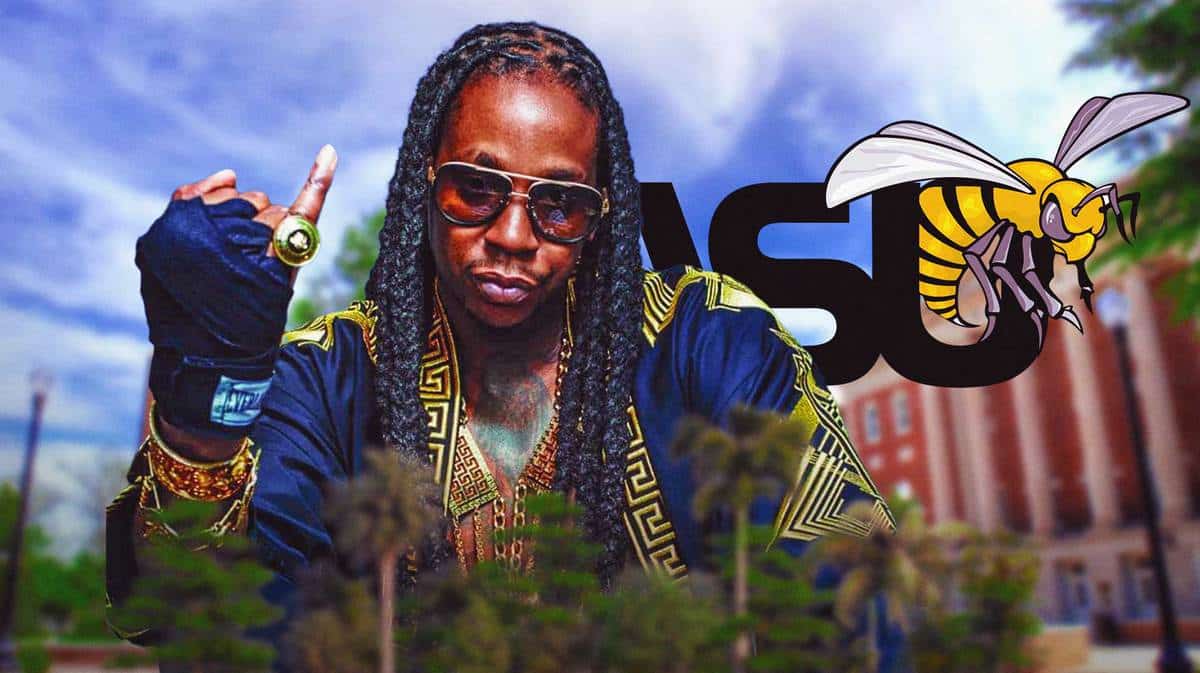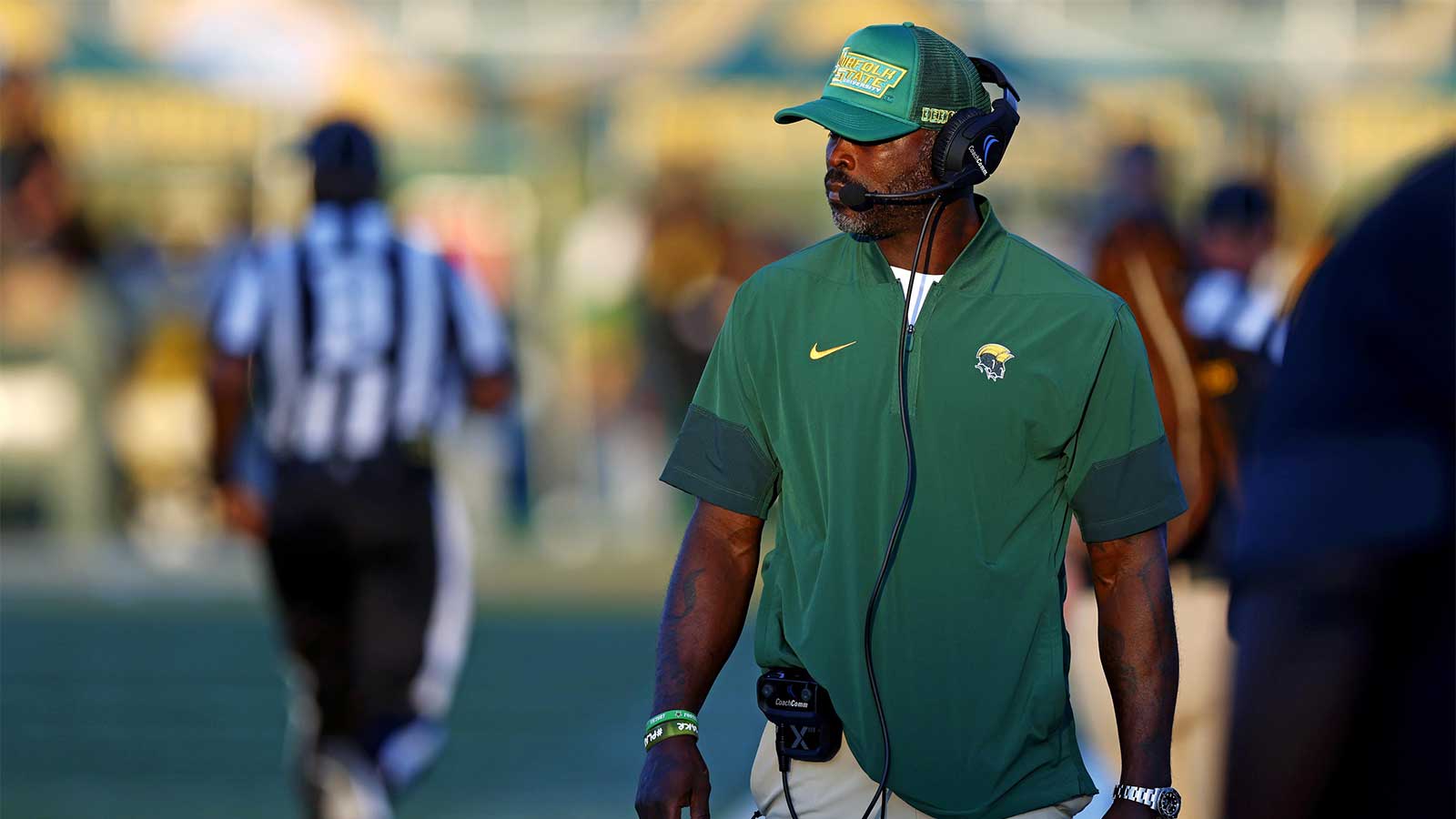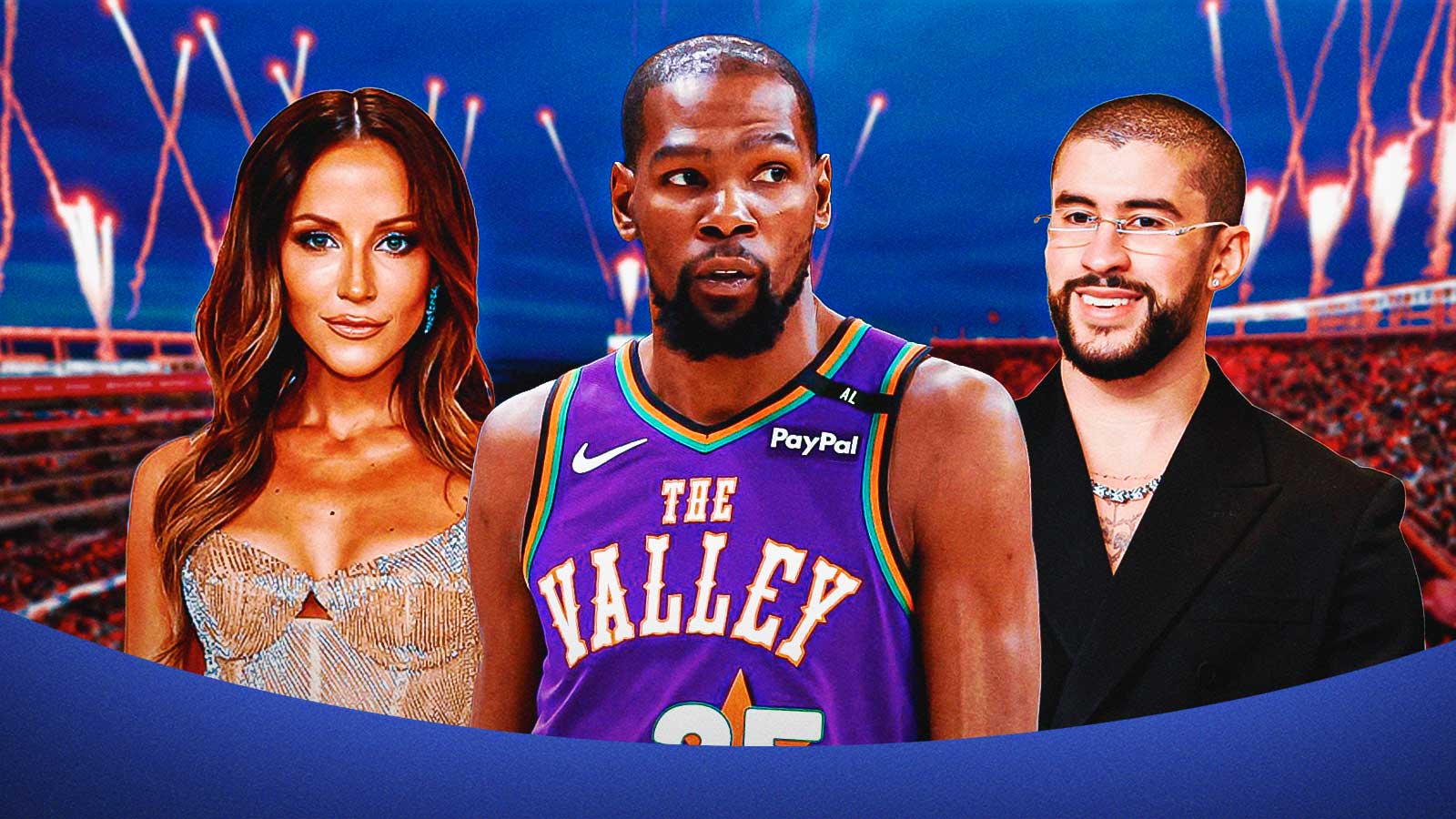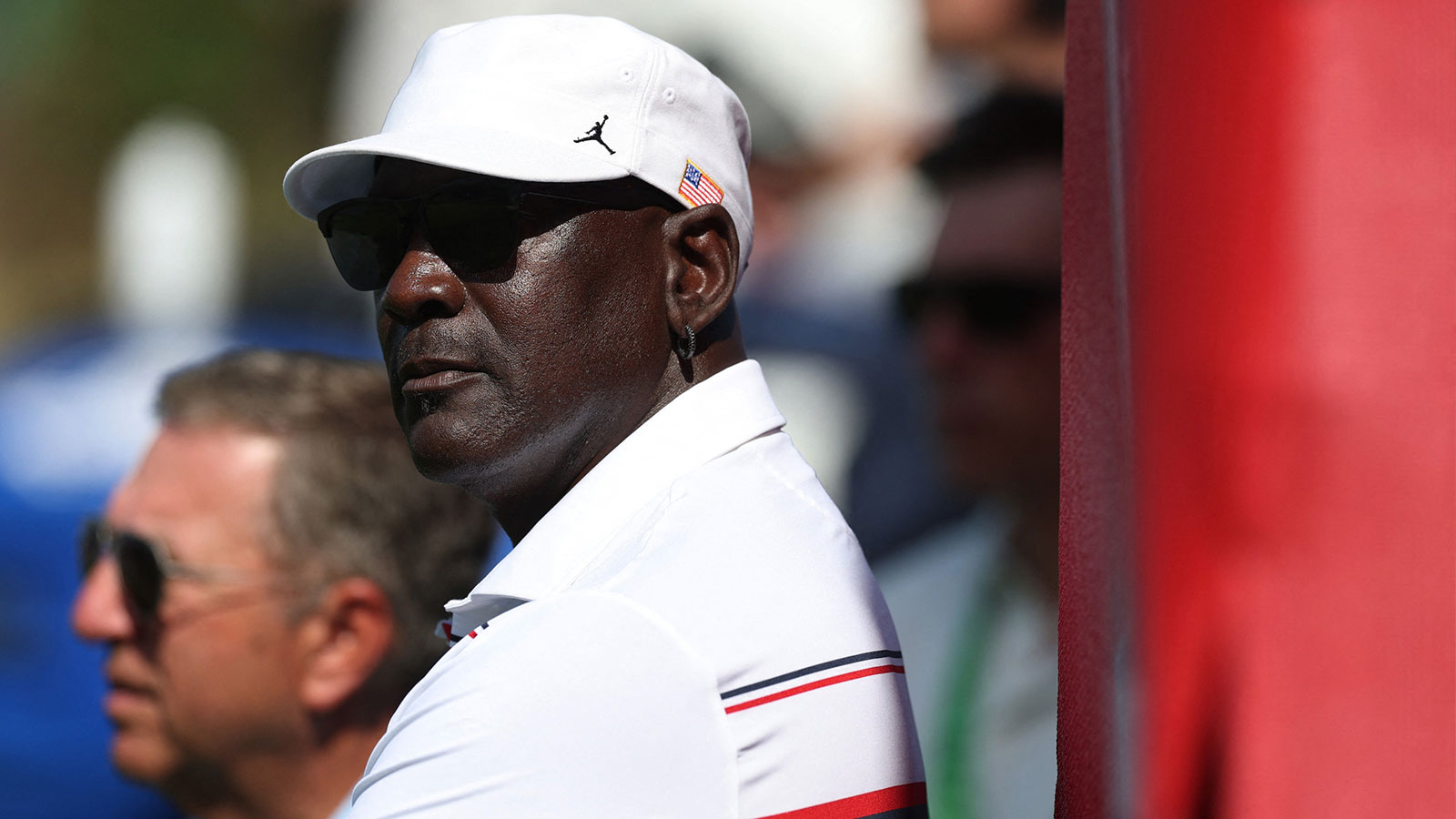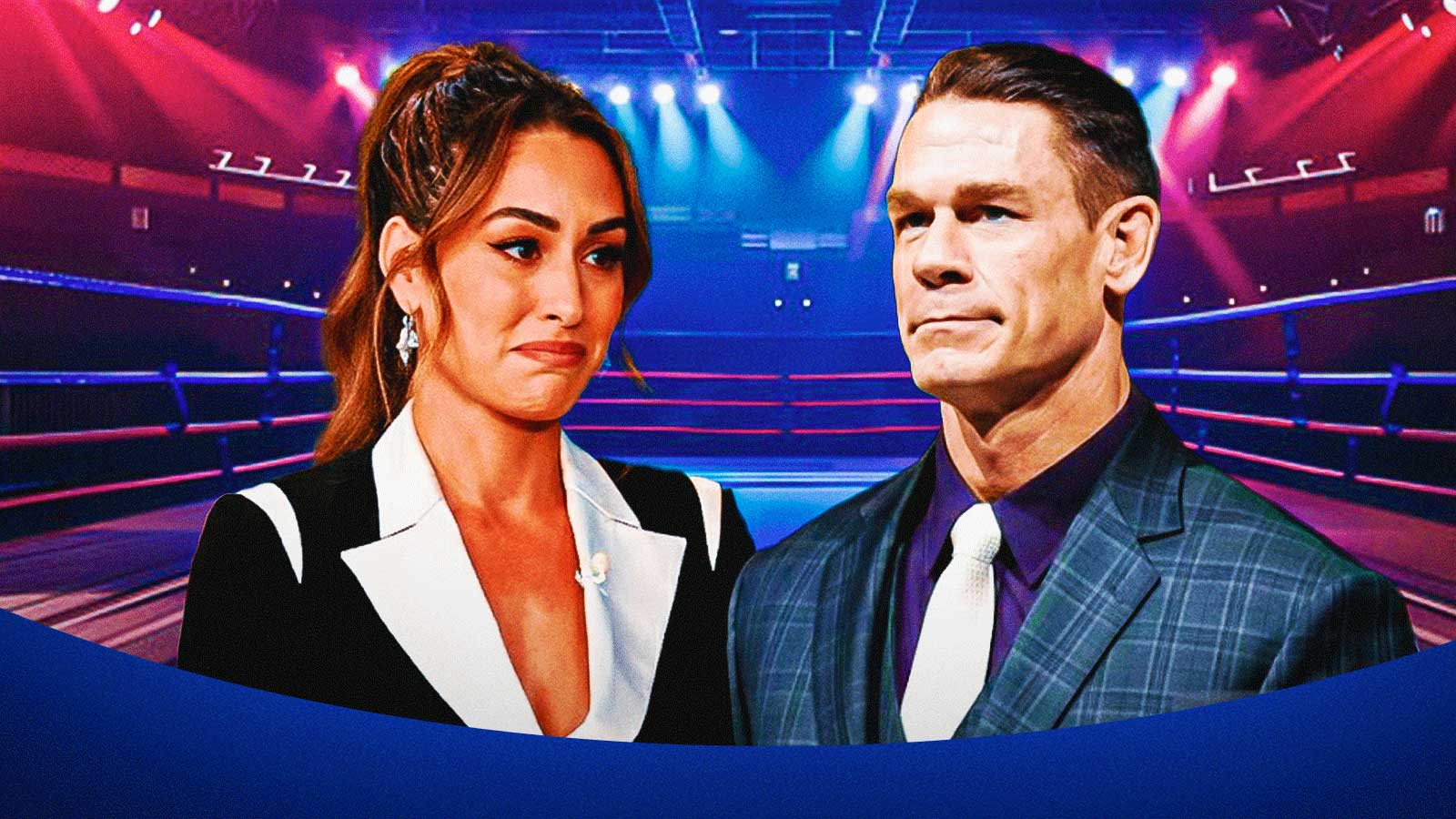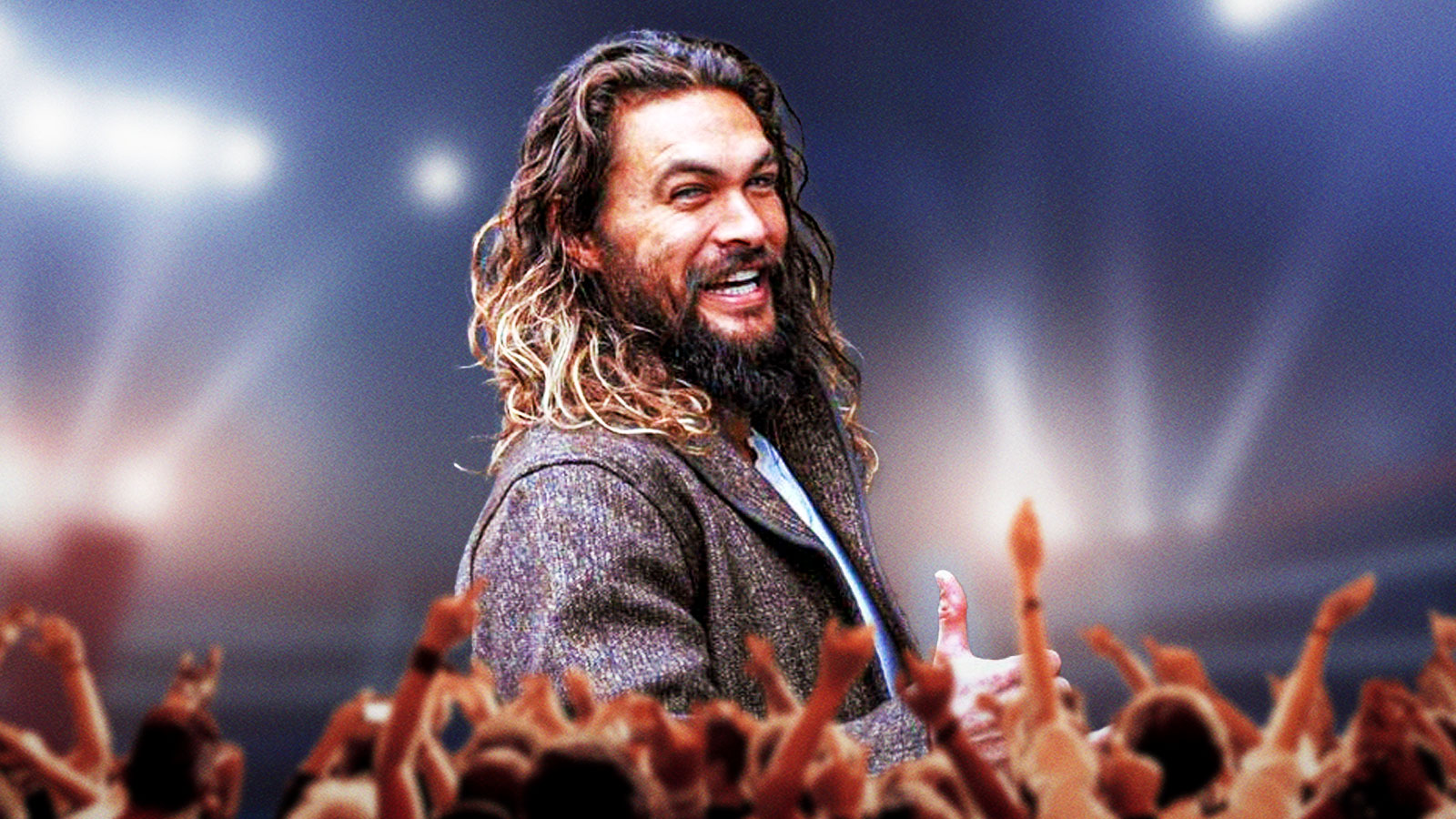David West Read adapted M.O. Walsh's The Big Door Prize for Apple TV+. After a successful first season, The Big Door Prize Season 2 premiered on April 24.
The second season ups the ante. Now, the Morpho machine depicts the characters' potential in a video game style. However, these messages are more cryptic than ever.
Speaking to ClutchPoints at the press day for The Big Door Prize Season 2, David West Read spoke about adapting the book and the pressures that came with it and making seasons without source material to go off of. He also discussed how many seasons he'd like to develop and whether or not Schitt's Creek will get a revival.
David West Read-The Big Door Prize Season 2 interview
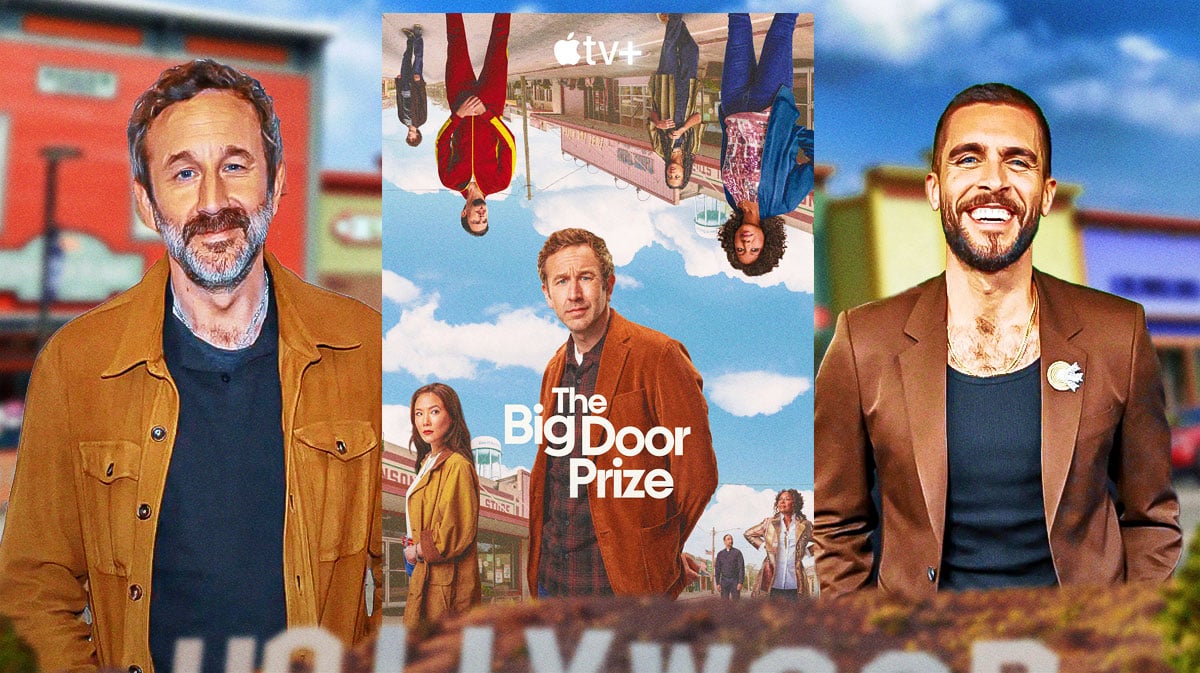
ClutchPoints: I'm really curious about the evolution of The Big Door Prize. I know it's an adaptation of a book, but I am curious how you changed it for your adaptation and how the series evolved in its development.
David West Read: Yeah, it's a great question. The book, The Big Door Prize by M.O. Walsh, introduces the idea of this machine that can tell people in the small town of Deerfield what their potential is on these little cards.
But there's obviously an ending to the book. And we, as writers of a TV series that we hope to have more than one season, had to open up the ending and find a way to keep the story going. [chuckles] So the second season really is off-roading from the book in a big way. There's really nothing in the second season of the TV series that you would find in the book.
The second season has a next stage to the machine where the characters in our show are evolving themselves as the machine is evolving.
CP: Since you were “off-roading” and didn't have source material to base The Big Door Prize Season 2 on, was there any pressure from the original author to maybe include certain ideas or things that they want?
DWR: No. I think M.O. Walsh is so supportive of this project and from the beginning has understood that the book exists and will always exist, and is preserved as this wonderful piece of literature, and then the series necessarily has to be something else.
So, he has come to set and hung out with everyone, met the cast, met all the writers, sat at the monitors and learned a bit about how the TV process works. But he gave us full permission to just get very creative with where we wanted to take the story. So to me, that's the perfect source of material for adaptation where there's a really wonderful idea that you see could actually be taken even further if you had more than just the time of one novel to explore it.
And there are such rich characters and dynamics in the book and that fundamental idea of this machine that alters people's lives and lives through telling them what their potential might be. There were just so many places that we could go with that.
CP: I do love the video game presentation in the series. Is that something that's in the book, or is that something that you brought to the table?
DWR: That's something that the writers and I created and brought to the table. We were really excited about the idea of, Okay, The first stage of this machine is almost like a carnival game. It's very primitive. It just spits out a card. It's very low tech. What would be one step above that?
[It] is not virtual reality, it's not AI — it's almost like a Super Nintendo or Sega Genesis-style video game, a 32-bit image where you are seeing these visions that speak to you in this really deep way, but it's in this kind of retro video game format.
CP: If you continue doing more seasons, is VR the next step? Or what is the next step of technology?
DWR: [smiles] Right. I mean, I think we would have to see where that goes. I don't want to give anything away, but I definitely was drawn to the idea that as our characters are growing, the machine is evolving too.
And so the technology might be becoming more advanced as the characters go deeper into themselves. But the machine is also becoming a little more vague, a little more mysterious, with each stage. So even though these visions in Season 2 are, in some ways, more complex than the cards, it's also less clear to our townspeople what they're supposed to take from these visions, which leads to more chaos and more comedy.
CP: I'm sure you've been asked before, but if you could use the Morpho machine at the beginning of your career to see your career's potential, would you use it?
DWR: I feel like it's impossible to resist when that machine is in your town and everyone else is getting these life-altering prognostications from it, I think I would be sucked in as well. [chuckles] I probably relate most to Dusty (Chris O'Dowd) because I feel quite happy with where I am and what I'm doing, but what if I was told something different?
I think that idea of What is the other path, what if my life had taken a different turn, could I possibly be happier? is irresistible.
CP: You have a great ensemble, so how much of a hand did you have in assembling the cast? If you did, can you talk about getting some of those big names?
DWR: Oh yeah, I was obviously very involved in all of the auditions and picking the cast. And to me, there was finding that balance of these really wonderful people — established comedic and dramatic actors who wouldn't look out of place in a small town.
There's a certain kind of actor [where] it might be jarring to suddenly try to believe that they are just a random person in a small town. But all of these actors have this very relatable human quality to them. And together, they form this really unique ensemble.
I think the cast is one of the most special parts of the show.
CP: I know The Big Door Prize takes place in a fictional town, but where was this filmed? Did you base it on any other small towns in America?
DWR: Well, we shot the show in Georgia in a really great small town called Loganville, and we looked at many, many small towns to try to figure out where we should shoot this thing. And even within Georgia, there are so many types of small towns.
But what I loved about this one is it really is one main street and everything that we shot on that location was on or just off that main street and we didn't have to cheat the locations, you know, match them together and post or pretend that they were closer than they actually are.
It kind of is a sleepy, small town that feels like a vestige of little America from many years ago. And there's something very nostalgic about that and there's also something to our story about a small town where you think you know everything about everyone because you know every person.
But, of course, underneath the surface, all of these people are much more complicated than they seem. And that's part of the fun of the show, is peeling back those layers and getting to know these people.
CP: I wanna take you back for a second — The Big Door Prize premiered last year and then quickly got a green light for second. And then next thing you know, a year later, we're here. What was that process like? I imagine that must have been somewhat of a whirlwind to premiere your season after a couple of years of development and then all of a sudden it becomes a hit and then you get a second season almost immediately.
DWR: Yeah, that was really exciting. And just to have that kind of support from Apple TV+ and Skydance Television to say, “We believe in this so much that we want you to start writing the second season before this first season has even fully aired,” just gave us that vote of confidence.
And it also gave us a bit of space to start working on the story without being influenced by the audience reaction. Because sometimes there's so much talk around the show that it's hard not to get influenced by what the fans want. And we were getting ahead of the story so that we could really focus on telling the story that we wanted to tell as a group of creatives — and that's a rare opportunity to have.
So it was really special to get that opportunity to have a second season so quickly.
CP: And what is it — whether it's the characters or the actors you're working with or the story itself — that keeps you so excited about the project?
DWR: I think It's the ability to go deeper in characters who seem two-dimensional on the surface when you first meet them. A perfect example of that is the character of Hana (Ally Maki) — she's right there in the first episode of the show.
But she seems like the bartender who's kind of in the background and we're never going to really get to know Hana because she's not important to this story. This is about Dusty and Cass (Gabrielle Dennis) and their family. And then over the course of the first season, you start to realize that actually, Hana might know more about this machine than anyone in the town. And you end the first season with all of the other townspeople looking at this person for answers who seem to be so tertiary and meaningless in the beginning.
Then in the second season, we really get to dive into Hana's story. So I get really excited by the opportunity to dig deep into every townsperson. And the more that we get to know them, the more we understand the way they interact with each other. And the show just becomes richer and deeper as it evolves.
CP: I know you may have to wait for the results of Season 2 to know if you're going to get a third season, but, in your head, do you have a certain number of seasons you'd like to make, or are you just going with the flow?
DWR: Yeah, I'm just taking it one step at a time, and right now I'm just really excited about promoting the second season because I feel so proud of this one and so excited for people to see it.
CP: I don't think I've seen your name pop up as a director of any episode. So I'm curious if that is something that's ever of interest to you should this series continues?
DWR: I'm definitely always looking for new challenges. [laughs] So far, I end up spending every minute of the day working on this as showrunner and running around all over the place trying to do the many little jobs I have.
But I would love to at some point also be able to add that to my resume.
CP: Could Schitt's Creek ever get a revival?
DWR: I think, obviously, it's up to Dan and Eugene Levy whether they want to do more. But I think when you end something really well, it's really hard to consider going back to that. And I feel like that last season of the show felt really good to all of us in terms of where we have taken the characters from beginning to end.
So, I think some things are maybe best left as they are.
CP: But if they did ask you to come back, would you do it?
DWR: Uh, we'll see. [smiles]
The first three episodes of The Big Door Prize Season 2 are streaming on Apple TV+.

